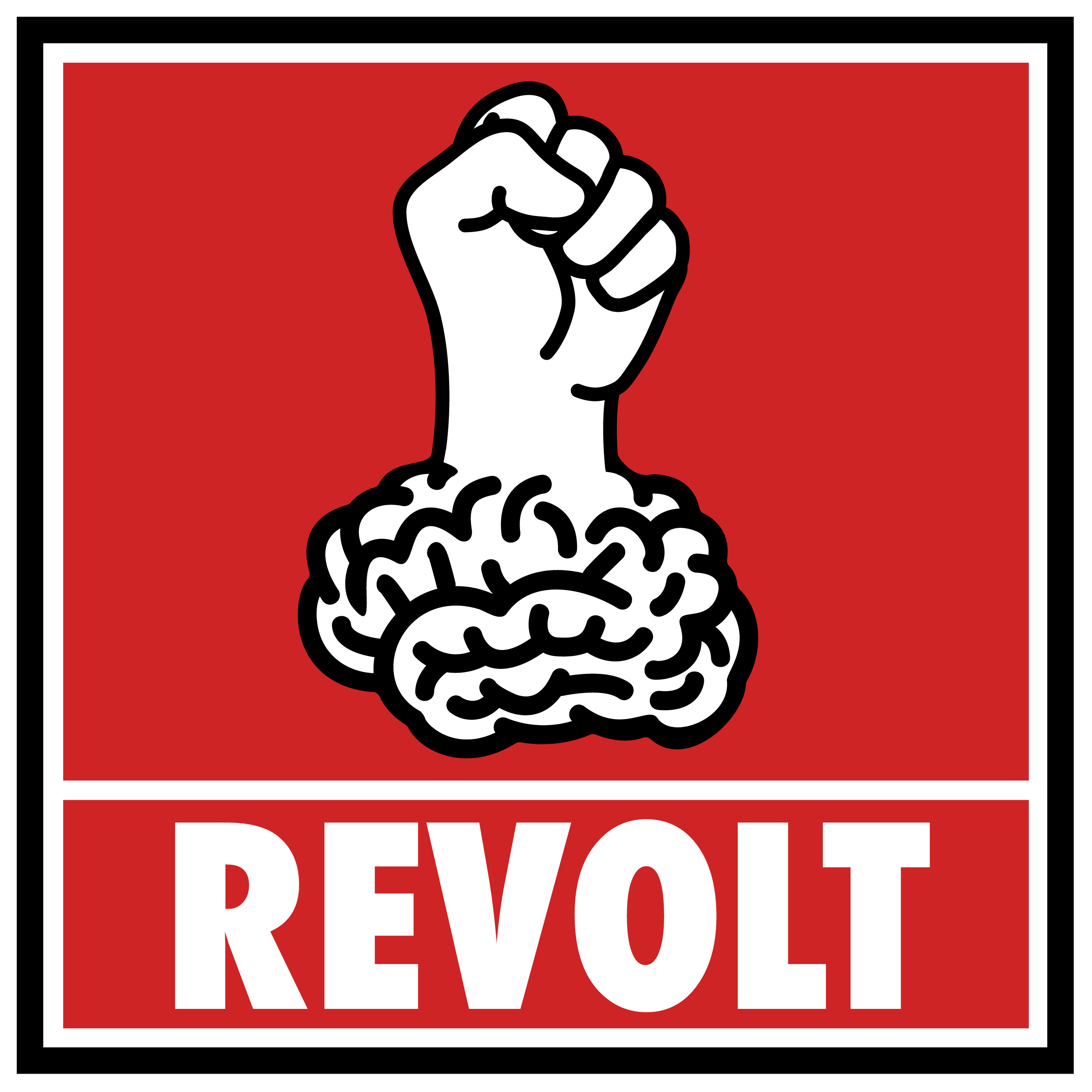Podcast: Play in new window | Download (Duration: 46:49 — 32.1MB)
In this episode, we delve into the fascinating theory of Charles Tilly, a renowned political scientist who argued that states are not inherently peaceful and benevolent entities, but rather emerged from war-making and are essentially akin to organized crime. Drawing on Tilly’s influential book “Coercion, Capital, and European States,” we explore how states throughout history have used violence, intimidation, and exploitation to maintain their power and extract resources from their subjects. From medieval knights and modern armies to tax collectors and bureaucracies, we see how the state’s monopoly on legitimate violence has shaped our world and influenced our lives.
This 46-minute episode challenges us to reconsider our assumptions about the nature and role of the state in society. Whether you are a student of politics, a curious learner, or a concerned citizen, this episode will broaden your perspective and deepen your understanding of the complex and contested phenomenon of the state.
So sit back, relax, and join us on this journey of discovery and reflection. Don’t forget to share this episode with your friends and followers. And if you want to learn more about Charles Tilly’s theory and related topics, check out the links below. Thanks for listening!
Resources
Tilly, C. (1985). War Making and State Making as Organized Crime. In Evans, Peter, D. Rueschemeyer, & T. Skocpol (Eds.), Bringing the State Back In. Cambridge University Press.
Tilly, C. (1990). Coercion, Capital, and European States, AD 990—1990. Basil Blackwell, Inc.
